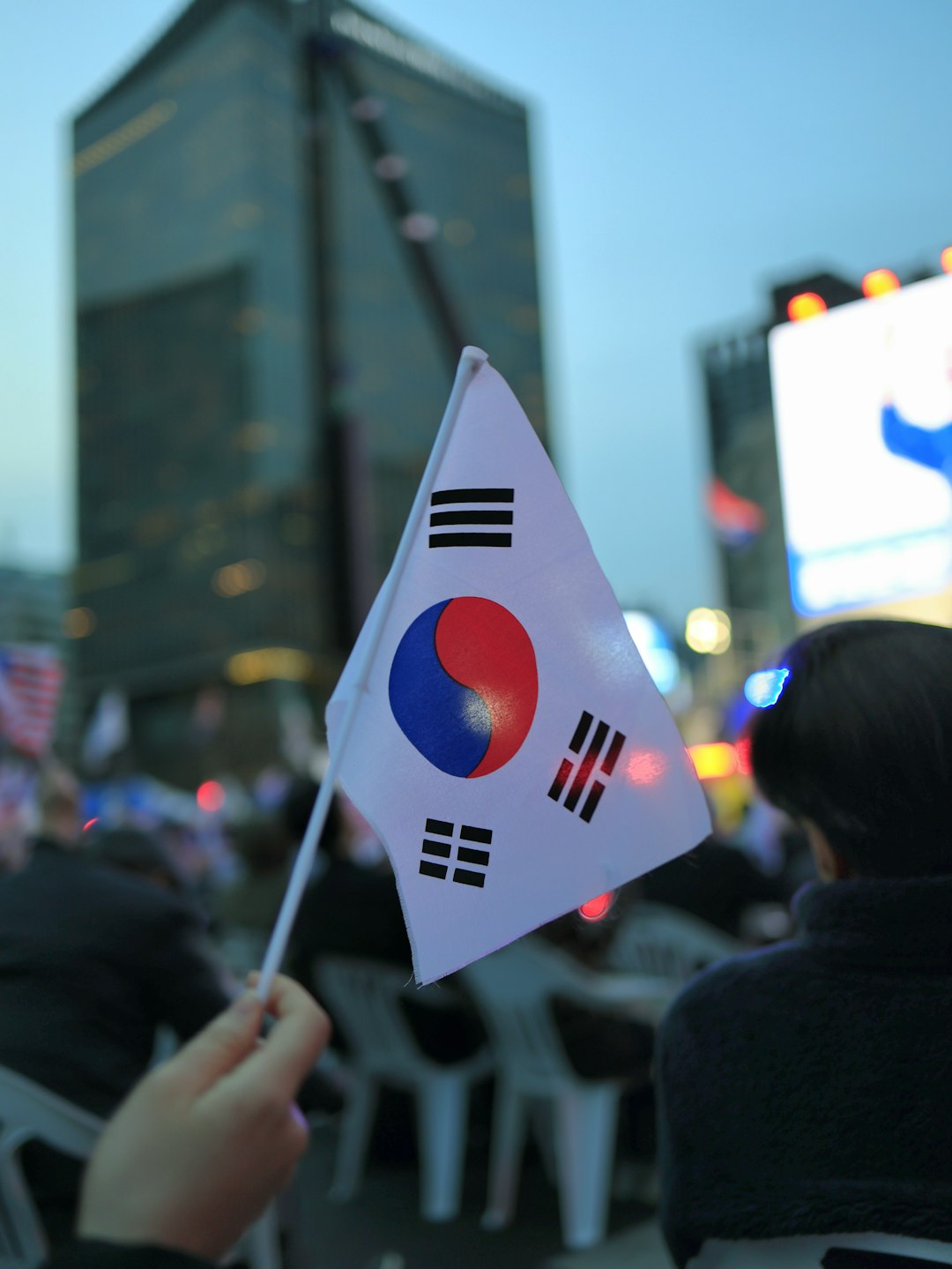The Digital Purge: How U.S. Visa Policies Are Creating a New Breed of Social Media “Undertakers” in Korea
As borders blur online, governments are fortifying their virtual checkpoints. Nowhere is this more apparent than in South Korea, where students desperate for a shot at an American education are turning to an unlikely ally: the so-called “digital undertakers”—experts paid to scrub their social media lives before the scrutinizing eyes of U.S. immigration officials. Is this technological survivalism, or a dark omen for global privacy and free speech?
Social Media: A Passport, or a Prison?
The days when a thick academic transcript or glowing reference opened doors to U.S. campuses are fading. Today, the keys include your likes, shares, and digital footprints—sometimes stretching back a decade or more. Under the Trump-era institution of exhaustive social media screening for visa applicants, what you once posted in a fit of adolescent sarcasm, or an offhand political comment, can now seal your fate at a consulate window.
“Suddenly, every meme, retweet, and sarcastic post could be interpreted as a threat—your ‘digital life’ is on trial,” says Dr. Min-kyu Jeong, a digital ethics scholar at Seoul National University.
The Rise of Digital Undertakers
In response, Korean students—often driven by an intense pressure to land spots in elite American universities—are hiring “digital undertakers” (디지털 장의사). These professionals find and erase content that might jeopardize a visa, promising clients a shot at the American dream untrammeled by teenage flippancy or misunderstood humor.
Who Are the Digital Undertakers?
- Background: Tech-savvy professionals, sometimes with hacking experience, legal consulting backgrounds, or advanced search expertise.
- Services: Deleting, editing, or deactivating social media traces; advising on privacy, cyber hygiene, and “scrubbing” search results.
- Fees: Ranging from hundreds to thousands of U.S. dollars per client.
Ethics and Tensions: Purity vs. Privacy
The undertakers’ rise spotlights the tension between state security and individual privacy, exposing conflicting global values:
| Perspective | Arguments For | Arguments Against |
|---|---|---|
| National Security | “Screening helps prevent threats and filter out potentially dangerous individuals.” | “Screening is overbroad, infringes on privacy, and assumes guilt from trivial content.” |
| Student Aspirants | “Scrubbing social media is a pragmatic way to pass arbitrary barriers.” | “It forces self-censorship and creates pressure for conformity.” |
| Tech and Ethics Experts | “Digital hygiene is necessary in an era of persistent online memory.” | “It incentivizes dishonesty, erases history, and undermines authenticity.” |
“It’s no longer enough to be law-abiding; you have to be ‘algorithm-abiding.’ That’s a new kind of conformity that chills free expression worldwide.” — Professor Ji-eun Park, Cyberlaw Specialist
Cultural Context: Why Korean Students Feel the Squeeze
Korean society is fiercely competitive, with placements in top U.S. universities seen as gold-plated tickets to elite jobs, social status, and international mobility. The social cost of rejection is immense—fueling a thriving underground industry for digital reputation management.
Historical note: South Korea boasts some of the fastest internet speeds and highest social media penetration rates in the world. Yet this digital hypermodernity collides with intensely conservative global immigration policies, producing a perfect storm of anxiety and hyper-vigilance.
Notable Developments & Surprising Facts
- Mass Market for “Scrubbing”: It’s now common for high schoolers—sometimes coached by their parents—to begin “cleaning” profiles as early as age 13.
- Global Phenomenon: Similar services have emerged in China, India, and Middle Eastern countries, all targeting U.S., Canadian, or European visa applicants.
- Legal Loopholes and Risks: Deleting content isn’t foolproof; cached versions and screenshots can haunt applicants. Some U.S. officials reportedly dig deep, relying on advanced data-mining AI.
Beyond Korea: Digital Borders and the Death of Forgetting
This Korean drama signals a global trend: borders are going digital, and privacy is being sacrificed at the altar of security. The calculus is clear for millions—not what you know, or who you are, but how you’re algorithmically perceived.
Key Question for the Future:
Will we accept a world where “digital undertakers” are as crucial for university admissions as SAT tutors, or will there be backlash and a reassertion of privacy rights? The outcome may determine not just who crosses borders, but what freedom and authenticity look like in the digital age.
This article was inspired by the headline: 'Korean students seek ‘digital undertakers’ amid US visa social media screening'.

Comments
No comments yet. Be the first to comment!